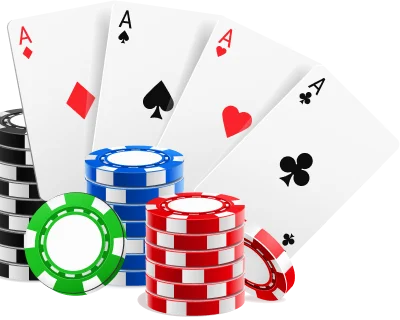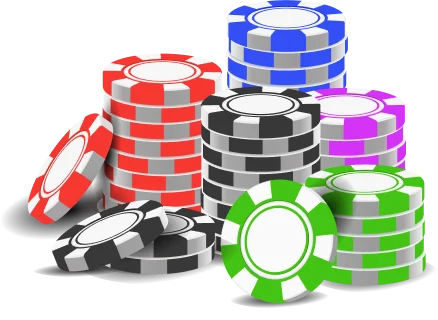Is there a correlation between poker and math? Many people believe that you only need luck to win in a poker tournament. But, you need specific skills and make several calculations to choose winning hands.
Research shows that some bettors have a higher winning probability than others. In this article, we discuss poker’s relationship with maths.
Can You Play Poker without Math?
Poker has various math applications and lessons. It involves calculating the pot’s probability by assessing your chances of winning a hand. You need to understand probability to play the game well.
It is recommended not to fear mathematics while you are at the table. Some old players try to convince other bettors that they only need to follow their intuition. Even so, poker is mathematical, and your intuition cannot increase your winning probability in a tournament.
This might seem absurd to non-poker enthusiasts. But, the game requires you to know how frequently a draw appears depending on your hand. You won’t have all the crucial information that will assure you of winning a particular bet.
Maths and Psychology in Poker
Poker wouldn’t have millions of fans globally if it were a game of chance. You need to create a poker strategy that is based on maths and psychology. Mathematicians are more likely to win the game.
Andy Block, Chris Ferguson, and Paul Magriel are popular poker players who are good at maths. Russel Crowe acted as John Forbes Nash in “A Beautiful Mind” and strengthened poker’s relationship with maths.
John made memorable contributions to differential geometry, game theory, and partial differential equations. He won the 1994 Nobel Prize for Economics after advancing game theory. “A Brilliant Madness,” a television documentary that was produced in 2002, narrates John’s troubled life.
Game theory provides essential tools that poker players can use to analyze situations and make interdependent decisions. It is believed that this interdependence has a unique effect, as each bettor will consider their players’ strategies and decisions while taking the next step.
3 Important Maths Skills You Need to Learn
Pot Odds
You will have low chances of winning a game if you cannot calculate pot odds. This is a relationship between your stake and the pot’s size. For instance, the odds will range from 5 to 1 if you stake $2 and the pot has $10.
Probabilities and Percentages
You have a 12.5 percent probability of having three of a kind when you are holding a pair and a 33.33 percent likelihood of getting three of a flush on a flop.
Expected Value (EV)
A player’s expected value reflects in their results after a while. Your aim should be to make many decisions with a high EV and avoid those with a low expected value. For example, you are likely to have a negative value if you are weaker than most of your opponents at the table.
Some bettors misunderstand poker mathematics, assuming that they only need basic knowledge. So, you might have to do sophisticated calculations while playing poker. Besides, you need to create an efficient gaming strategy to beat a tough opponent.


